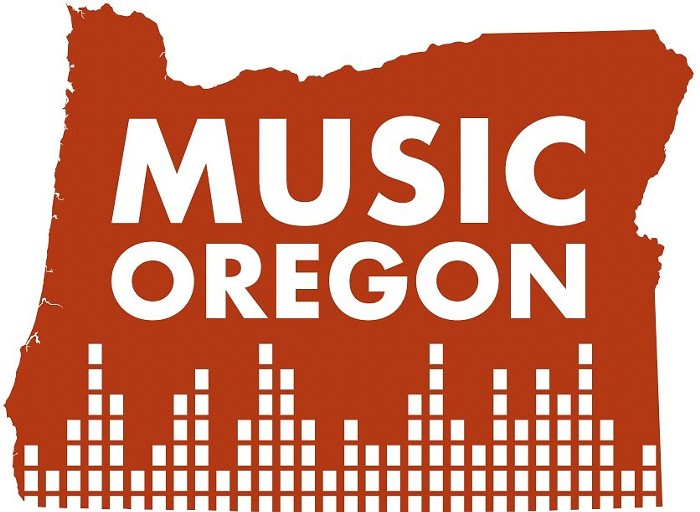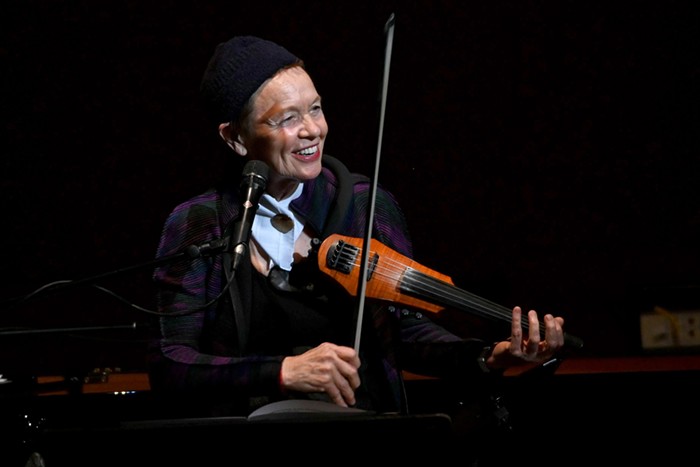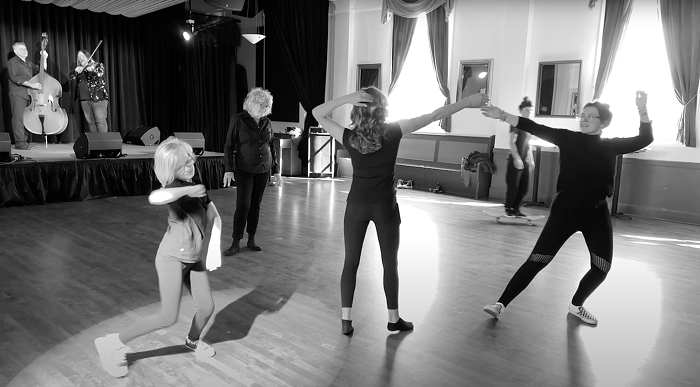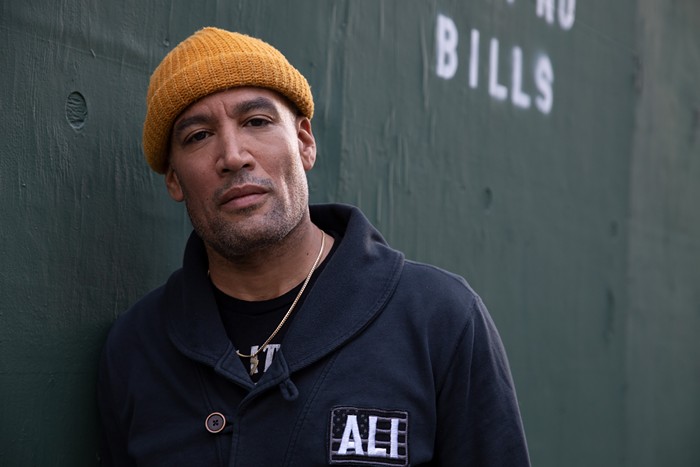Fri June 4
Berbati's Pan
10 SW 3rd
We're talking about The Last Unicorn, Joanna Newsom's favorite movie of all time, which she has watched practically every day for the last 10 years, although that could be an exaggeration. "Have you read the book?" she asks. "I highly recommend it. Reading the book made me look at the film differently, because the ideas are fleshed out in a sophisticated way, and it drew attention to themes I hadn't been aware of. And maybe it was a clue as to why it's so affecting to me again and again--its ideas about mortality and beauty and like, being flawed versus being perfect. Of course, it's really simple! I'm not trying to write some dissertation on The Last Unicorn."
Joanna Newsom is a bright troubadour of the new folk oeuvre, who tends to be noticed for her peculiar voice--a scratchy and true, wood-sprite of a timbre that never falters when it howls. On her latest album, The Milk-Eyed Mender (Drag City), she writes lyrics in fairy tales and sea shanties and lovelorn-mermaid poems. Her primary instrument is the harp, which she plucks like a regal banjo from the cascading Appalachians. She says, "There are certain sounds people associate with the harp--like heavy glissando where they drag their bottom finger from the top--which I hate. It's so simple and overused and gaudy and takes no technique whatsoever. But I think that's the universal sound people associate with harp--that florid, over-the-top schmaltzy sound. I'm not really interested in mining that in my own music."
Like Unicorn, Newsom's lyrical and melodic themes reach deep--at least as far as the forest, anyway. She says, "I think every person on the planet has their own set of symbols. For me, it's nature. I grew up on the middle of the woods in Nevada City, California, so my songs aren't so much about these animals--it's just like, the way I'm gonna communicate minutiae is by using symbolic vocabulary, like dirt and trees and seasons."
Newsom was classically trained before briefly attending Mills College, the music school renowned for its radically experimental approach. As a lover of melody, the school's norm of atonal, dissonant musicianship left her dissatisfied: "I don't think I saw another composition student play an instrument the whole time I was there," she laments. After dropping out, Newsom studied the kora, a Senegalese harp; now, she says, her style of songwriting is an attempt to fuse African rhythms to Appalachian folk music, though "I would in no way claim to be interpreting those as pure or accurate forms," she clarifies. "I'm just using those ideas as starting points; I'm just trying to make music I like." And in the end, what else matters?


















